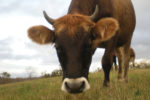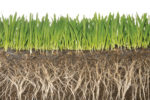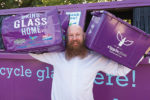Planting The Seed
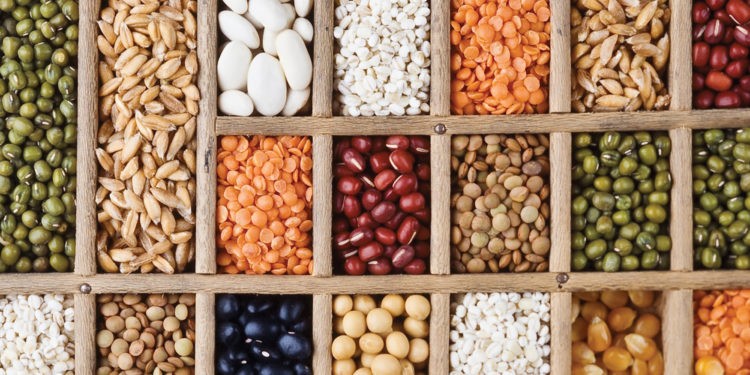
I live in the suburbs, so I don’t think a whole lot about planting seeds and growing my own food. Yeah, I buy tomatoes and fresh herbs that I put in pots on the back deck, and the beans I plant in my garden box seem to provide a nice supply of food for the rabbits, but that’s about as far as I got in contemplating my food supply. That is, until I happened upon a great local outfit, The Buffalo Seed Company, whose purpose is to “increase the resilience and sustainability of our local food systems.” So, just how do they do that and who are the people behind Buffalo Seed? Those two questions provided the basis of this article and some fascinating information.
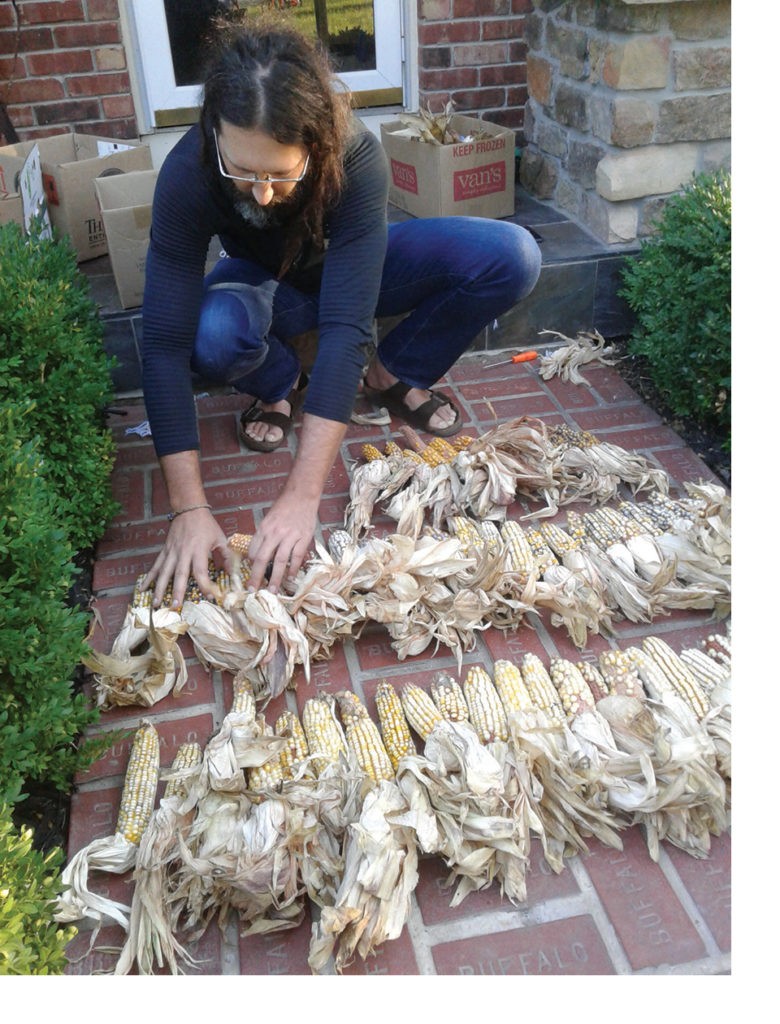
I wanted to know more, such as where do the seeds come from and how and where can people purchase them? As I anticipated, Kost was happy to provide as much detail as my suburban, non-farm mind could handle. “Most of our seeds were acquired from farming friends that we’ve had the pleasure of meeting over the years. The seeds come from Ohio, Arizona, and Kansas as well as the Caribbean islands, Africa, and Latin America,” Kost shared. “We are beginning to expand the diversity of the seeds by acquiring them from areas around the world with similar climates to ours. We have over 30 varieties of garlic from across the planet growing in our fields right now.”
Kost says all the seeds offered were grown just outside Kansas City for at least one season using minimal organic chicken manure fertilizer with no chemicals and no irrigation. That way, customers know the seeds they’re buying are perfectly suited to our climate. I asked Kost how consumers can acquire their seeds? “Seeds can be purchased on-line at thebuffaloseedcompany.com. Additionally, we are selling seeds at some small businesses in Northeast Kansas. The Merc Co+op and Cottin’s Hardware and Rental, both in Lawrence, carry our seeds. We hope to identify small businesses in Kansas City that will sell our seeds as well,” Kost said. Summing things up, Kost told me that he and his wife see each seed they sell as a child representing “hope for positive change and regeneration.” I like that, and I like the fact that these two people, along with their “two little helpers,” are helping support the community now and in the future.
